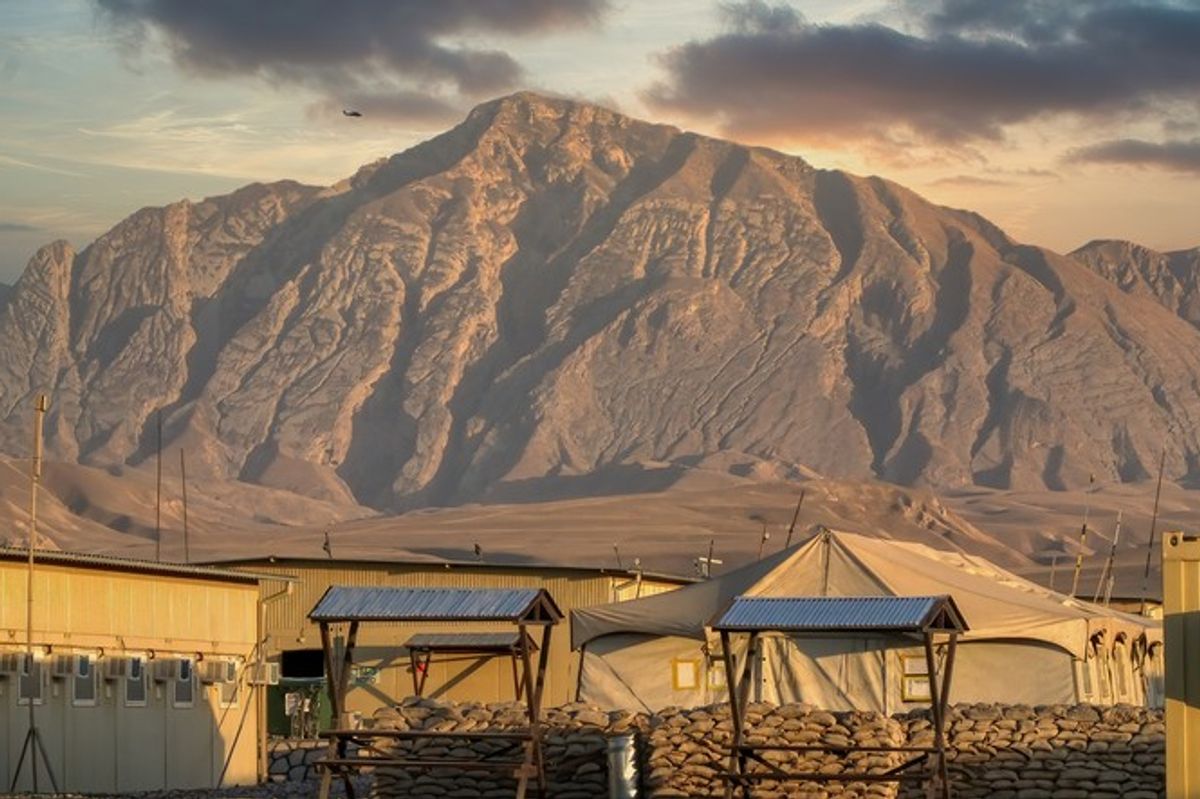Before becoming prime minister, Narendra Modi became famous for developing the “Gujarat Model” for economic growth. Despite being poor in tourism and natural resources, Modi’s state government in Gujarat attracted foreign investment and developed a booming local industry based on trade and manufacturing. By the end of his 14 year term as Chief Minister, the state boasted, on average, a 10 percent economic growth rate and accounted for 22 percent of India’s total exports. Now as prime minister, Modi has saught to scale up on a national level.
A key piece of Modi’s national economic policy is the “Make in India” initiative, which seeks to entice foreign businesses to set up manufacturing in India and provide skilled jobs for India’s growing—and increasingly well educated—workforce, and from that, build domestic capacity and expertise. The initiative has already gained the interest of U.S. aerospace firms that hope to build fighter jets in India. The proposal, backed by the Pentagon, is also indicative of the growing trust between the two nations. The Cipher Brief spoke with Derek Scissors, resident fellow at the American Enterprise Institute, to learn more about the objectives of Modinomics and the challenges to still be overcome.
The Cipher Brief: Modinomics encompasses many different reforms and initiatives. Which has proved to be the most challenging, and which has been the most successful?
Derek Scissors: The biggest initial success has been in drawing foreign investment. India’s size means its economy must eventually be domestically-driven, but at present, it is short of both capital and technology. Foreign investment brings both, and if sustained, can therefore be transformative.
The biggest challenge has been the political barriers to changing very restrictive labor laws, which privilege a minority of workers. India will soon have the world’s largest labor force, but current laws discourage hiring, because among other things, it is extremely difficult to fire anyone. The threat is tens of millions of workers without good jobs.
TCB: How will Modinomics potentially shape India’s future global economic standing? In other words, how does it make India more integral to other economies?
DS: Because of its young labor force, India will see its economy grow and become more important globally, at least to some extent. And with Modinomics stressing foreign investment, India will become an important and much-discussed investment destination.
There is a major element missing, however. Modinomics has not included any notable trade liberalization. India’s huge labor force can earn far higher wages serving the global economy, not just the local. But Indian exports will be inhibited by foreign partners if India does not embrace the trade element of global economic integration.
TCB: The Make in India program aims to encourage foreign companies to move manufacturing to India. How does Modi foresee this improving India’s defense industry?
DS: Ultimately, India still wants a self-sufficient defense industry. Rather than blocking foreign commercial participation to protect Indian defense companies, it is moving to welcome firms that help upgrade India’s own defense manufacturing. Foreign firms can either formally license technology as part of winning what can be very large defense deals or essentially sell technology in bits and pieces as India’s needs evolve.
TCB: How does Modi intend to solve the issue of political problems that block foreign direct investment and/or how does he attract more foreign investment?
DS: Moves to liberalize the investment regime have caused grumbling but not any effective opposition. The political problems Modi has faced primarily involve labor markets and land ownership. This is relevant, as multinationals would be more interested in India if they could more easily buy land and could more freely hire and fire workers.
The other obvious factor is growth. If Modi can improve the business environment for all companies, domestic and foreign, and if tax reform can be stringently implemented, India’s growth rates will draw more multinationals even while they complain about what hasn’t yet been done.











